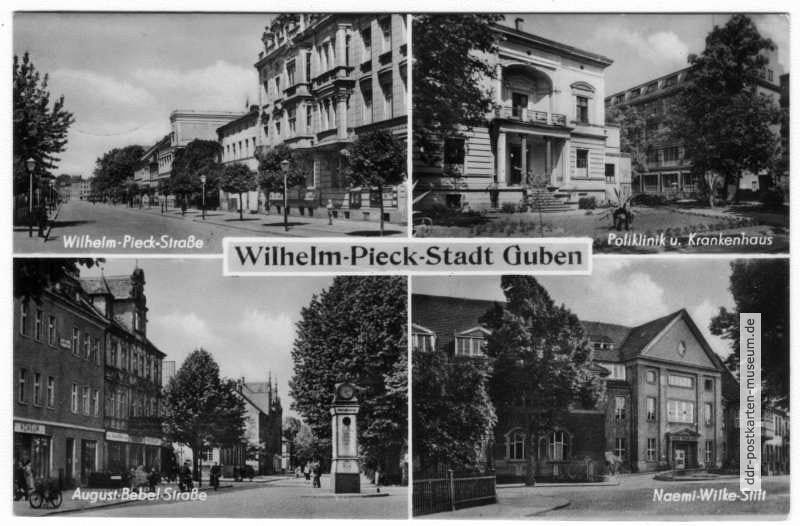Guben, 1985. When I met History
Thoughts as I return to my birthplace on the German-Polish border
“I think it’s happening,” my mum told my dad late one evening in 1985. “Well, there is no point calling an ambulance,” my dad replied with the infuriating pragmatism he seemed to reserve for moments when other people panicked. “They’d have to come out and then get you back to the hospital, which takes twice as long as driving.”
My parents quickly threw a few things into a bag and rushed to the white Trabant parked outside. Now glad that they had decided to pay the extortionate price of 8000 Mark for a used, underpowered, two-stroke car rather than wait years for a new underpowered, two-stroke car, my parents got in and slammed the Duroplast doors shut.
They had been allocated a flat in Jänschwalde-Ost, in the east of East Germany, in a settlement of prefab blocks that had been built for the families of soldiers like my dad who were serving at the nearby airport. They had married in 1984 and my mother was pregnant with her first child: me.
Limited to the rudimentary technology available in East Germany, the doctors had not been able to rule out whether my mum was expecting twins. She was also now weeks overdue. So better, safe than sorry, my parents rushed through the flat, wooded landscape of south-east Brandenburg in their stuttering Trabant.
“Oh no,” my dad suddenly groaned. “I think we might have a flat tyre.” Panic now rising in my mum’s chest as another contraction reminded her why she was in a car in the middle of nowhere to begin with, she watched my dad get out into the darkness to change the tyre.
Job done, the 18km-journey to the hospital continued - both my parents now too tense to speak. Would they get to the town of Guben on time? It was literally in the back of beyond, on the eastern border of East Germany.
Until 1945, Guben had been a German town, but with the decision that the rivers Oder and Neisse would mark the new border between Poland and Germany, Guben had been split in two. The Neisse flowed right through it. Most of the old town centre now lay on the Polish side and was called Gubin. The Germans who had lived there were expelled.
The western, German part my parents were driving towards consisted largely of new prefab blocks, built to house the workers employed in the surrounding industrial compounds. In 1961, Guben had been named after the GDR’s first and only president who had been born there in 1876. 109 years later, I would be born in Wilhelm-Pieck-Stadt Guben.
The name of the hospital might also not have inspired much confidence in my mother as my dad urged the Trabi to drive faster through the dark night. It was (and is) called the Naëmi-Wilke-Stift. It was founded in 1878 by a large donation from the Guben businessman Friedrich Wilke whose father had made a fortune by finding a way to weather-proof felt hats. Friedrich had inherited the hat factory and wealth but was less fortunate in his family life. His daughter Naëmi died of typhoid fever when she was only fourteen years old. Her heartbroken father founded a hospital in her name so that other children would receive medical care more quickly and effectively than Naëmi had.
Keep reading with a 7-day free trial
Subscribe to ZEITGEIST to keep reading this post and get 7 days of free access to the full post archives.




